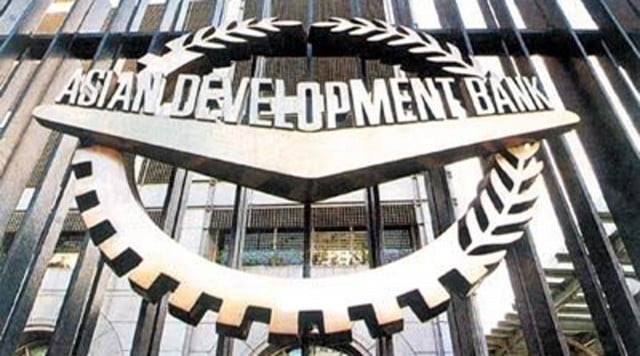ADB widens trade finance programme by $500m
Bank could provide up to $2 billion in trade finance, ADB said in a statement.

ADB widens trade finance programme by $500m
That means the bank could provide up to $2 billion in trade finance, ADB said in a statement.
"The widespread flooding has exacted a heavy toll on the people of Pakistan. They will need medicines and foodstuffs straight away and, later on, capital equipment to get the economy humming again," ADB President Haruhiko Kuroda said in a statement.
"The expansion of the Trade Finance Program in Pakistan will help ensure there are no financial bottlenecks when companies approach their banks to help import what they need to help Pakistan recover and rebuild."
Washington wants economic and political stability in Pakistan, which it sees as a vital ally in its war on militancy.
The floods, triggered by heavy monsoon rains in late July, forced at least 10 million people from their homes and caused up to $43 billion in damage.
Last week, the US Special Representative for Afghanistan and Pakistan, Richard Holbrooke, said Pakistan's allies could only do so much to rebuild the country. The government, he said, had to raise tens of billions of dollars for reconstruction itself.
Pakistan's economy was already fragile before the disaster and the cost of rehabilitation will likely push the 2010/11 fiscal deficit to between 6 and 7 percent of gross domestic product (GPD) against an original target of 4 percent.
Pakistan's tax to GDP ratio is about 10 per cent, one of the lowest in the world, and while the government has called for greater revenue collection, it has done little to broaden a very narrow tax base.
The ADB said previously it would extend a $2 billion assistance package to Pakistan to help repair damage from floods.



















COMMENTS
Comments are moderated and generally will be posted if they are on-topic and not abusive.
For more information, please see our Comments FAQ